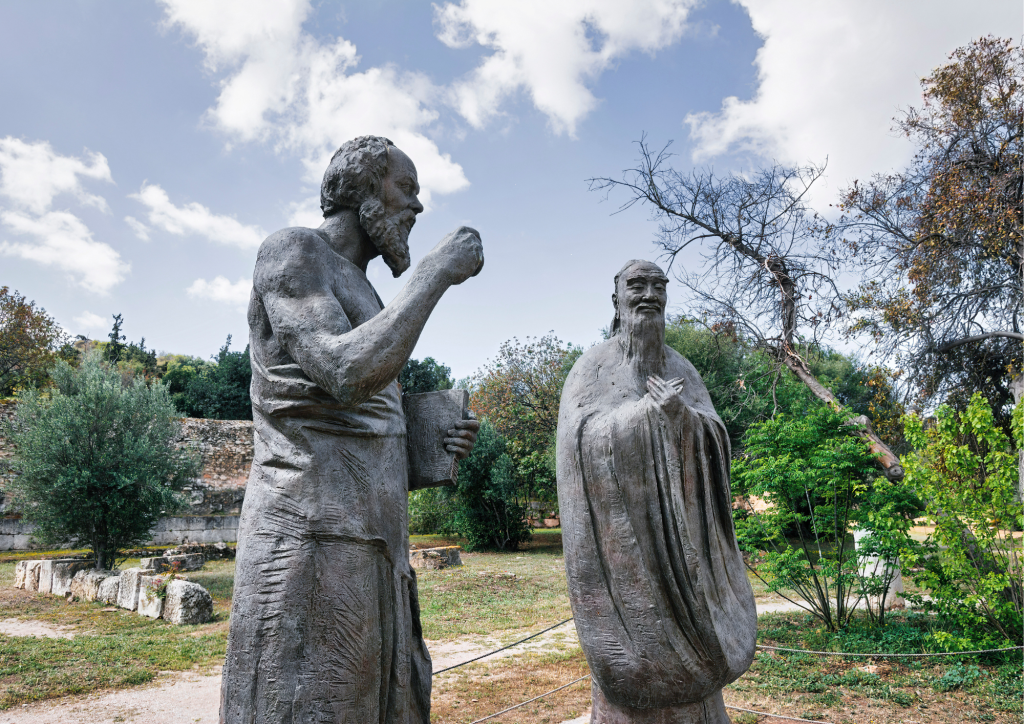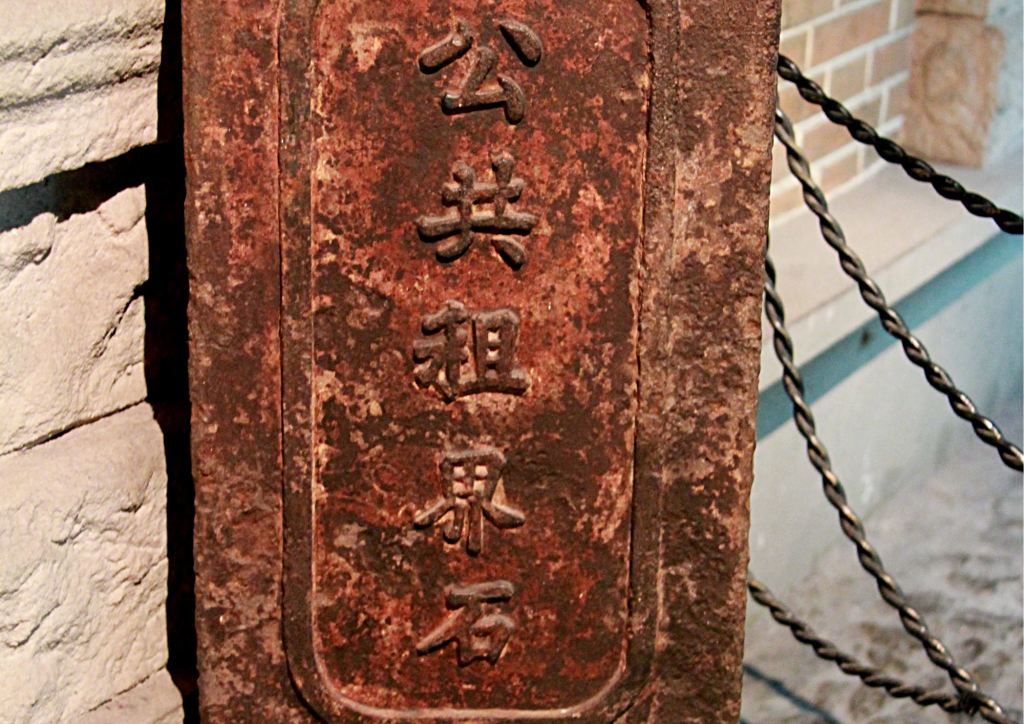This paper examines how the worship of ancient wisdom affects economic progress in historical China, where the learned class embraced classical wisdom for millennia but encountered the shock of Western industrial influence in the mid-nineteenth century. Using the number of sage temples to measure the strength of classical worship in 269 prefectures, I find that classical worship discouraged intellectuals from appreciating modern learning and thus inhibited industrialization between 1858 and 1927. By contrast, industrialization grew faster in regions less constrained by classicism. This finding implies the importance of cultural entrepreneurship, or the lack thereof, in shaping modern economic growth.
“The humor of blaming the present, and admiring the past, is strongly rooted in human nature, and has an influence even on persons endued with the profoundest judgment and most extensive learning.”
—David Hume (1754, p. 464).


The primary challenge to assessing the legal origins view of comparative financial development is identifying exogenous changes in legal systems. We assemble new data on Shanghai’s British and French concessions between 1845 and 1936. Two regime changes altered British and French legal jurisdiction over their respective concessions. By examining the changing application of different legal traditions to adjacent neighborhoods within the same city and controlling for military, economic, and political characteristics, we offer new evidence consistent with the legal origins view: the financial development advantage in the British concession widened after Western legal jurisdiction intensified and narrowed after it abated.


This paper examines the causal effect of political legitimacy on stability, using the historical case of Imperial China. Chinese rulers ascribed their legitimacy to a heavenly mandate. Calamities like earthquakes were considered to be a sign of weakened approval, making quakes a proxy for a negative legitimacy shock. I use quake-induced minor shaking (i.e., strong enough to be felt, but too weak to cause material damage) to demonstrate that legitimacy shocks cause more conflicts. I examine whether quakes serve as a coordination device to overcome collective action problems.


- 1
- 2



